
|
Get help: justgo@itkd.co.nz |
If that sounds like you, we’d love to meet you.
Over the past year, ITFNZ has introduced Just Go as ITKD’s new membership management system. A recent review has confirmed we have a strong foundation in place. The next step is about people — ensuring the system supports our members, strengthens our connections, and reflects the values we stand for.
We’re looking for a Just Go Project Coordinator to lead the next phase of this work. You’ll focus on improving the system’s implementation, work closely with our clubs and regions, and help restore national confidence in how membership is managed. This is a practical, hands-on role with real influence, reporting directly to the General Manager and working alongside the Board IT Committee.
This is a fixed-term contractor role (up to six months), part-time and fully remote, with some potential travel to connect with members. A full job description is available on our website: https://members.itkd.co.nz/news/
To apply, please email CV and a Cover Letter that shares:
Applications are reviewed on a rolling basis, and we may close the role early, so we encourage you to apply at your earliest opportunity.
23 October 2025
 STARTING ON THE 9th NOVEMBER
STARTING ON THE 9th NOVEMBER
These team trainings are targeted to the next generation of ITF Athletes. Want more sparring training ? Want to level up your patterns ? Then try this out - for the up and coming students wanting to develop their skills for patterns and sparring. These classes will give them the base that will carry them through to national level.
The class will be limited to 20 youths and will be conducted by New Zealand National team coaches and Athletes wanting to pass on knowledge.
For more information please contact:
Phone/message +64212926217
BOOK YOUR SPOT NOW
7 October 2025
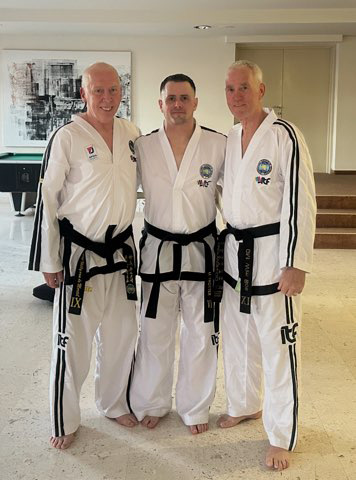 Congratulations to Master Mark Trotter, who has just been promoted to 7th Dan (with Honours)!
Congratulations to Master Mark Trotter, who has just been promoted to 7th Dan (with Honours)!
Master Trotter received his promotion from Grand Master Bos and Grand Master Van de Mortel in Croatia, where he was able to complete his grading alongside his coaching commitments with the New Zealand Team at the ITF World Championships.
As one of New Zealand’s most successful and well-known Taekwon-Do athletes, Master Trotter has dedicated over 36 years to training and teaching. We are incredibly proud of his outstanding achievement, and we’re sure the New Zealand Team will be thrilled to be coached by a newly promoted Master at this year’s World Championships.
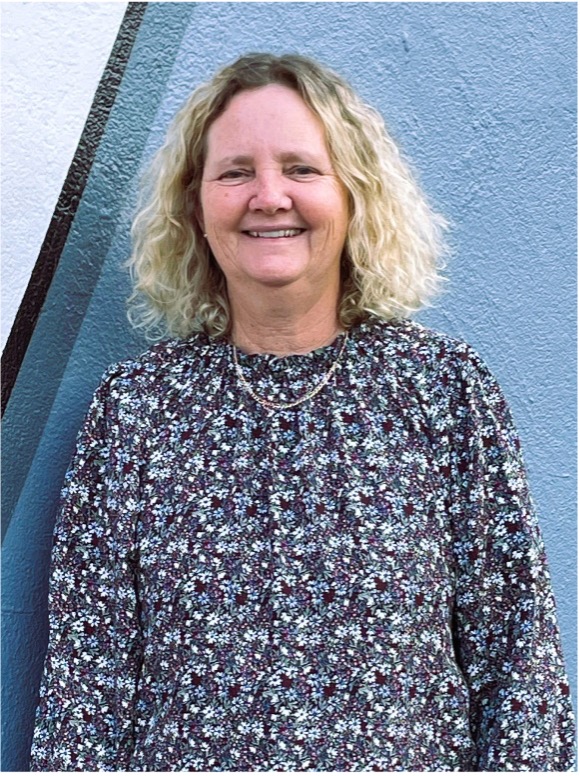 3 October 2025
3 October 2025
General Manager Appointment
The Board is very pleased to announce the appointment of Karyne Ross as General Manager.
Karyne has a strong sports administration background in Netball having been General Manager for Netball Waitakere and then Community Netball Manager with Netball Northern Zone. Previously she was involved with a sports management company looking after professional rugby union and league talent.
Karyne completed a Master of Business – Sports Leadership and Management at Auckland University in 2020.
The General Manager role attracted a high level of interest from a range of people and backgrounds. Board Chair Sheryl Chase is confident that Karyne’s experience working within the sporting system in New Zealand will be foundational in her leadership of our organisation. Karyne has faced down many of the challenges within sporting organisations today and will bring a fresh pair of eyes and renewed energy to those challenges over the next couple of years.
The Board would like to acknowledge the excellent leadership of Alex Hayton as CEO for the last five years. Alex has rebuilt the organisation’s structure, systems and processes and will be missed. ITFNZ’s core foundations are now robust, which ensures Karyne has a strong base to launch from.
Karyne commences work on Monday 6th October. Alex will work through a transition process with Karyne during October. Karyne looks forward to meeting you all soon.
8 August 2025
CEO announces departure
CEO Alex Hayton has advised the Board of his intention to leave International Taekwon-Do.
Alex wishes to spend more time with his elderly parents, impacting his ability to fulfil his CEO role. Alex has offered to continue working on reduced hours through the recruitment and onboarding of a new General Manager.
The board acknowledges Alex's enormous contribution to our organisation over the last five years, and his delivery of key strategic projects in the Strategic Plan to modernise our organisation.
The Board has decided to 'downsize' from a CEO to a General Manager. There are a number of reasons for this. Two key drivers include our financial situation and the skills we need to lead the next set of priorities in the Strategic Plan. There are lots of discussions to be had over the next couple of years about where we take our organisation in order that it be sustainable. The number one thing we can all be doing to ensure our longevity is to identify, encourage, entice, bribe, mentor, our black belts who are in a position to do so, to open their own clubs.
Advertising for the General Manager role commences today. The advert and job description can be found at this link.
GM Role Description (dated 06.08.25)
Expressions of interest for the new GM Role can be emailed to boardchair@itkd.co.nz
Nationals Funding Partners
ITFNZ would like to acknowledge the support of the following funding partners for the upcoming National Tournament on 23/24 August 2025 at Bruce Pulman Park, Papakura.

19 June 2025
Smash Fest 25
As Sbn Doogan and mr. Filiki are about to board their flights home, this feels like a good moment to reflect on our Smash Fest project:
50 participants from 5 countries, including 6 Masters and 3 ITF affiliations coming together for our shared passion for hitting things really, really hard.
And let's not forget the snowball effect of our initiative leading to 22 sessions in 6 countries with over 270 participants in total.
All this couldn't have been possible without our sponsors Terpstra Zonwering and PNP Breaker Boards. Thank you so much for sharing our vision and enthusiasm!! Also a big thank you to my teachers from Taekwon-Do vereniging Ohdokwan who keep helping me with my crazy initiatives, and ofcourse the biggest thank you to my lovely fiancee Renata Cibelle for all the patience and unwavering support.
With the powerbreaking energy now skyhigh in the Netherlands I'm looking forward to the upcoming competitive season and the World Championships in Croatia coming up in October.
Let's get to work with all the knowledge Wesley and Brendan have been so generous to share with us. I've included just a few snippets from the 6 hours worth of private sessions training all the competition techniques with them.......
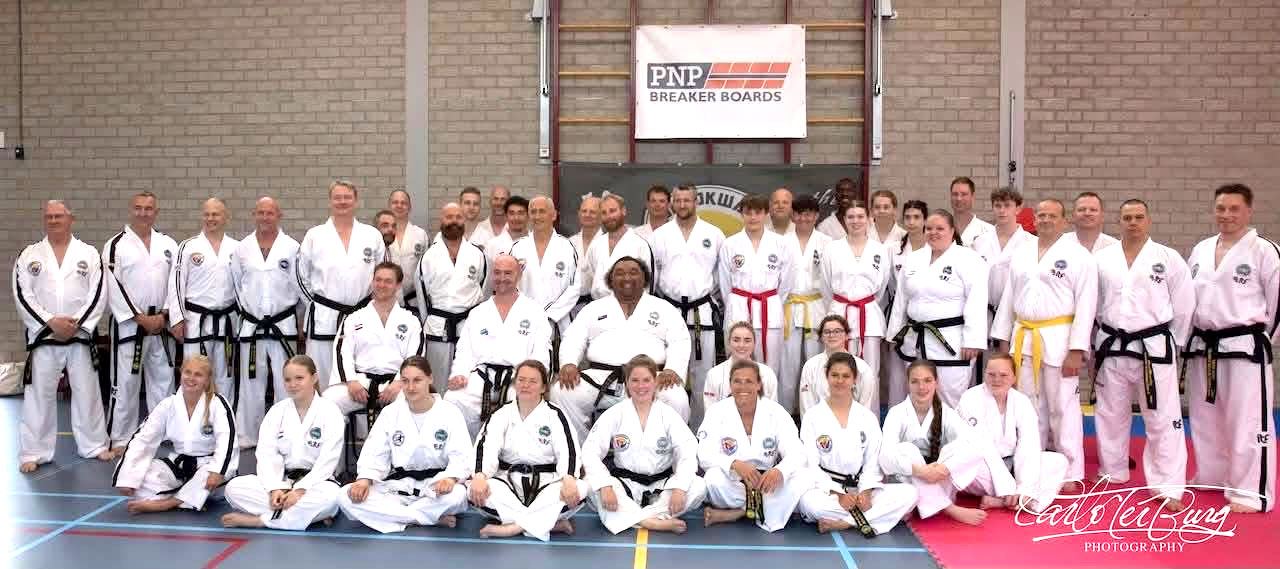
Let's all get behind & support Jaya by watching and sharing her video!
22 May 2025
New Board Meets for First Time
The new ITFNZ Board met for the first time on Sunday 18 May 2025. Three new members joined the Board – Sean Carver and Nick Lourantos having been elected at the 2025 Annual General Meeting in April, and Karen Long was appointed by the Board Appointments Panel.
The new Board comprises:
Sheryl Chase was re-elected Board Chair and Karen Long as Deputy Chair.

The following sub-committee appointments were made:
Audit & Risk Committee Karen Long and Nick Lourantos
Complaints Resolution Kane Raukura
Education Panel Vic Gilpin
Examiners Panel Kane Raukura
Qualifications Panel Sheryl Chase
IT Committee Sean Carver and Nick Lourantos
Child Protection Officer Fiona Parrant (CPO is a direct report to the Board)
Sheryl Chase (V Dan) has been a board member since 2020 and Chair since 2024. Sheryl is a long-standing member of the Taekwon-Do community, having been Head Instructor at Khandallah for many years before establishing the Whakatane club in 2022. She is now back in Wellington, training at Pil Sung when she can. Sheryl is an Associate Member of the Chartered Governance Institute of New Zealand.
Karen Long is financial controller at Hellers Limited, based in Christchurch. She is a member of the Chartered Accountants of Australia and New Zealand. Karen is a board member of Te Wananga o Aotearoa, The Green Lab and Southern Zone Rugby League.
Vic Gilpin (I Dan) is head instructor at the Maraetai club in Counties Manukau. Vic works in the healthcare industry, having just started a new role as a Project Lead with Tamaki Health.
Sean Carver (V Dan) is a member of Dragon Spirit Papatoetoe in Counties Manukau where he trains with his son. Sean works as a Senior Business Intelligence Engineer at Downers NZ.
Nick Lourantos (I Dan) is a previous board member and Chair who is back for a second stint. Nick runs the Miramar club in Wellington.
Fiona Parrant (I Dan) is CEO of Birthright Hawkes Bay and Family Care Trust. Fiona was heavily involved in Taekwon-Do previously and after being appointed as a board member in 2024, has started training again with RTR in Napier.
Master Kane Raukura (VII) is a prominent member of the Taekwon-Do community as head instructor at Dragon Spirit Papatoetoe, an Examiner. running black belt training classes, presenter, and always available to help a fellow member. Kane is deputy principal at St Ignatius of Loyola Catholic College in Drury which opened in 2024.
18 May 2025
Child Protection Officer
ITFNZ is seeking interest from suitably qualified individuals within the Taekwon-Do community to fulfil the role of Child Protection Officer (CPO).
The vacancy has arisen through the retirement of the current CPO, Nicole Kettings. This role is a key element of the ITFNZ Child Protection Policy. The CPO’s role is to:
A position description is attached. The role is voluntary and has a budget to support travel and other associated costs.
If you are interested, please send your CV and a cover letter to ceo@itkd.co.nz.
If you have any queries regarding the role, please contact Alex Hayton at ceo@itkd.co.nz or mobile (021) 288 8822.
Applications close at 5.00pm Friday 6 June 2025.
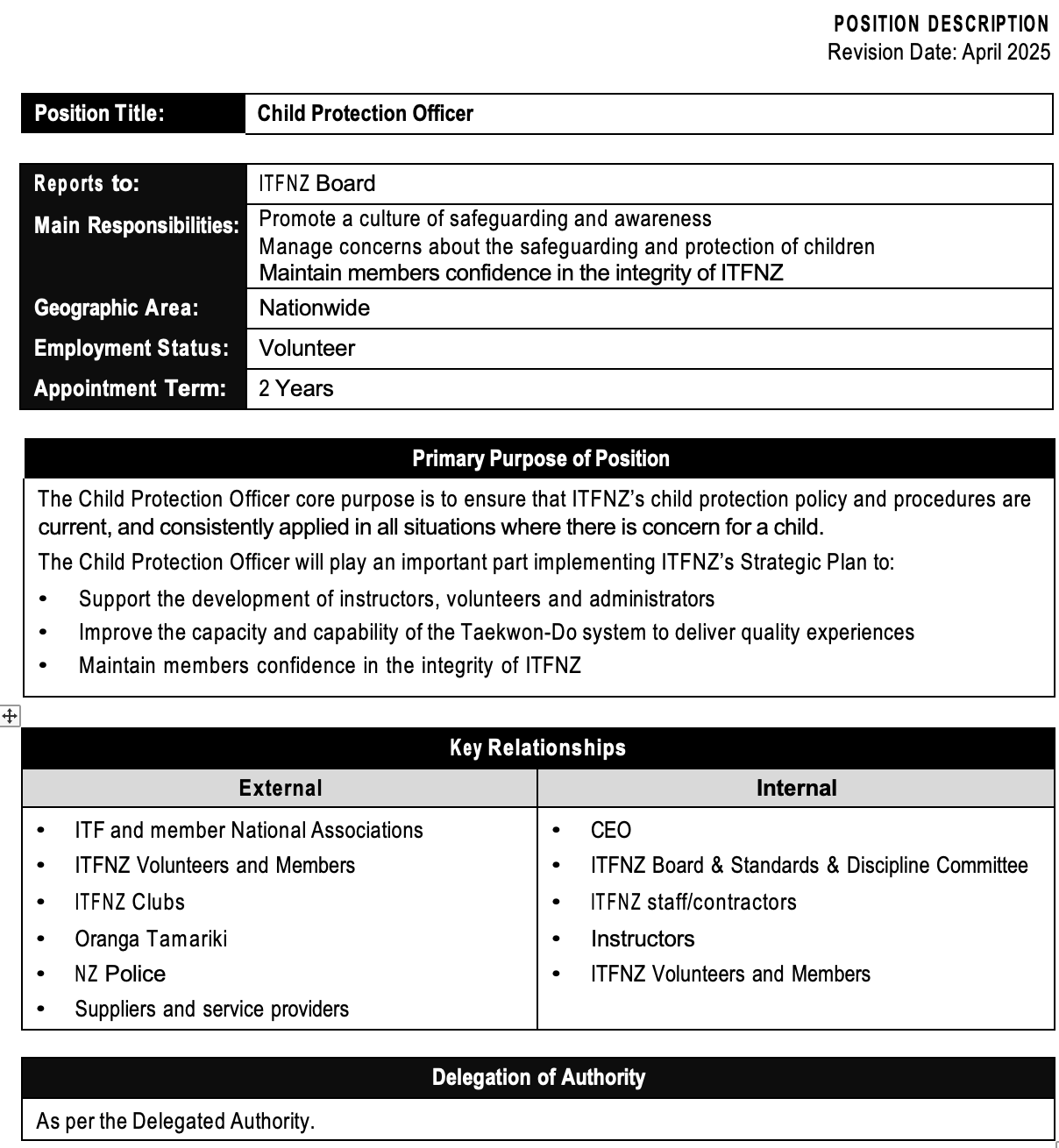
 28 April 2025
28 April 2025
Sponsorship Announcement
ITFNZ is pleased to announce Plan Design Build Limited as a sponsorship partner.
Plan Design Build Homes Limited (PDB) is an Auckland based residential construction company offering a full-service approach from initial concept and design to the final stages of construction. They provide both new build and renovation services. PDB are members of the Master Builder Association.
PDB’s owner, Mike Jensen, is a long-standing member of the Warrior Taekwon-Do club, instructor, competitor, official and volunteer. Mike Jensen holds a Master of Engineering degree and is a member of Engineering NZ.
PDB will sponsor Auckland based tournaments for 2025 season namely
For further information on Plan Design Build Limited, please visit their website www.plandesignbuild.co.nz.
24 April 2025
Final AGM Documents
2025 Proxy Voting Form | SGM Minutes 2025 | 2025 AGM Final Notice (04.04.25) | Annual Report 2024 | Minutes AGM_2024
17 April 2025
To ITF Members,
Based on the Policy on ITF Outstanding Personality Awards, in accordance with the decision of the ITF Executive Committee of 24 March 2025, we announce the submissions of the applications for the ITF Outstanding Personality Award contest.
The ITF Outstanding Personality Award can be granted in the following categories:
1. Outstanding Competitor
2. Outstanding Coach/Instructor
3. Outstanding Umpire
4. Outstanding Official
5. Outstanding Pioneer/Master
6. Outstanding Country
7. Outstanding Sponsor
30 March 2025
The Extraordinary General Assembly of International Taekwon-Do Federation, will be held on Sunday, April 6th 2025 via conference online, please find below link to the Dropbox folder with ITF Congress Book:
18 February 2025
All our online courses are now hosted on SportNZ's Sport Tutor portal. To access them, simply create a free Sport Tutor account and complete the required courses. After finishing a course, log in to the JustGo Membership Portal and add it as a Credential for your instructor's approval. (Once you have uploaded the credential to JustGo, please remind ask your instructor to approve it).
If you need to complete the Instructors Induction Course, first create an account on Sport Tutor and complete the online course. Once passed, you will receive a certificate. If you can't find your certificate, take a screen-shot confirming course completion.

Next, log in to JustGo, go to Profile → Credentials, and add the Online Induction Course, uploading your certificate or screen-shot. Finally, notify your instructor so they can review and approve it.
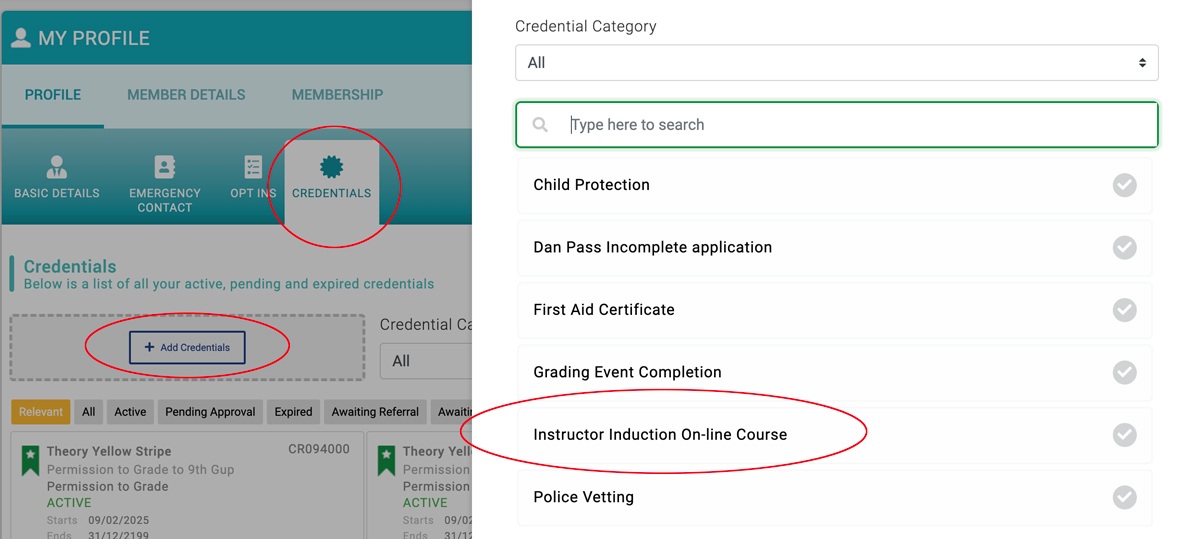
14 February 2025
Notice of AGM
 6 February 2025
6 February 2025
JustGo is now live!
Our new membership portal is officially up and running, and all ITKD members are encouraged to log in.
JustGo is ITKD’s new all-in-one system for managing memberships and events. It streamlines membership payments, ticket sales for gradings, courses, and events, credential tracking, student communication, and more.
Key features include:
✅ Members can update their own personal details
✅ Family profiles to manage multiple members under one account
✅ Secure payments via debit/credit cards and bank transfers
✅ Improved user experience for tracking participation and contribution credits
Follow the link below for login instructions. If you need assistance, please check with your instructor.
4 February 2025
New Constitution Approved
The Special General Meeting held on 2 February 2025 has approved the organisation’s new constitution.
The new constitution is a requirement of the Incorporated Societies Act 2022 whereby all existing incorporated societies in New Zealand must re-register their constitutions, updated for the mandatory provisions of the new Act, by April 2026.
The upcoming Annual General Meeting on Sunday 27 April will be run under the new constitution.
Templates for Regional and Club constitutions will be available shortly for members.
Thank you to all clubs for your participation during the consultation process and support at the SGM.
3 February 2025
JustGo will now go live to members on Wednesday 5th February. This is to enable the project team to complete final quality checks and ensure the Support Users who support you to have all the information they need. We apologise for this delay, and will get the system to you as soon as we can14 January 2025
Go Live Time-line for Clubs
➢ 18 December – the existing system was frozen to prepare for implementation
➢
14-16 January – Super Users are being trained to support clubs
➢
22 January – Super User details of and their availability on the ITKDNZ website
➢
24 January – User Guides will be available on the ITKDNZ website
➢
24 January – JustGo will be available for you to set up your club
➢
29 January – from this date you can email your members from JustGo asking them to log in and confirm their details.
9 January 2025
 New Essays Added to Our Library!
New Essays Added to Our Library!Looking for something productive to do these holidays? Dive into some inspiring reading! We've just uploaded 19 new essays to our Essay Library, bringing the collection right up to date with decades of thought-provoking work from our senior students.
These essays, written for their black belt gradings, offer valuable insights into Taekwon-Do philosophy, technique, and personal growth. We’re sure you’ll find inspiration and learn from their knowledge and experiences.
Explore the Essay Library now and take your understanding to the next level!
7 January 2025
We want your photo featured on the ITKD home page!
Send us your photo and be in with a chance to have it displayed on our website over the coming weeks. Whether it’s an action-packed training session, a pattern movement of you, or a group shot, we’d love to see it!
What we’re looking for:
✅ ITFNZ members in action wearing their dobok
✅ High-quality images that capture the spirit of Taekwon-Do
✅ Photos should be landscape in orientation
We’ll select the top photos to showcase. Submit your photos by emailing them to:
webmaster@itkd.co.nz
Let’s highlight the strength, unity, and energy of our clubs across New Zealand!

21 December 2024
The project team has been working hard to finish configuration of JustGo and begin the countdown to go live in January 2025.
Progress so far:
Time-line
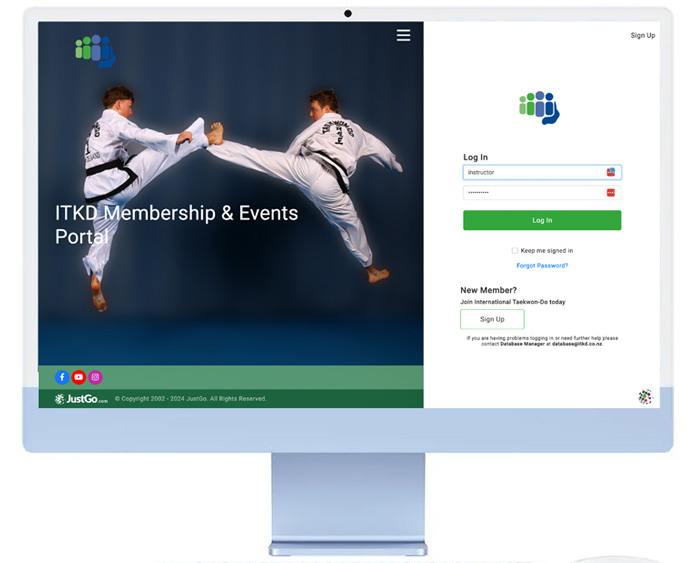

18 December 2024
Is it possible to feel sad about saying goodbye to a piece of software?
I found myself feeling a bit nostalgic the other day as I entered my last set of grading results into the Breen/ITKD database. The overwhelming feeling, however, is gratitude — gratitude to Neil Breen, who has served our organisation tirelessly for 35 years.
Back in 1990, he not only helped me purchase our first computer for ITFNZ (an XT!) but also set up the First Choice Database for managing our members. Over the years, the database has evolved and been instrumental in helping us grow and thrive as an organisation. It’s been remarkable to have such a reliable, custom-built system serving us so well for so long.
Neil is probably the nicest and most patient person I know. Goodness knows how he has put up with all our requests and questions over the years without ever showing any annoyance.
But today marks the end of an era. At 10 p.m. tonight, the database will be locked down to make way for a newer, and hopefully better, system. Farewell 'Database', and thank you Neil, for your incredible contribution.
Paul McPhail
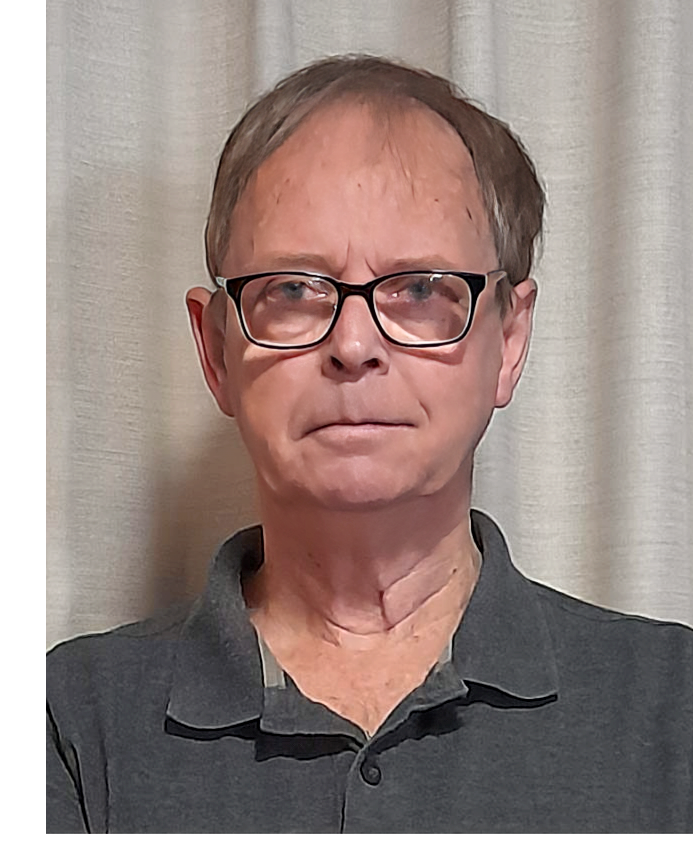 *Neil Breen, a 2nd Dan black belt, is the father of Master Matthew Breen, 1st dan Bekki Bennett, and husband of the renowned former Counties Manukau Regional Director Sue Breen. Neil began his Taekwon-Do journey in 1988 at the Meadowbank club under Master Peter Graham.
*Neil Breen, a 2nd Dan black belt, is the father of Master Matthew Breen, 1st dan Bekki Bennett, and husband of the renowned former Counties Manukau Regional Director Sue Breen. Neil began his Taekwon-Do journey in 1988 at the Meadowbank club under Master Peter Graham.
Over the years, he has worn many hats in ITFNZ, including Assistant Instructor, Director of the Tournament Committee, and IT System Administrator. His exceptional contributions have earned him the President's Award and the honour of Life Membership. In the early 2000s, Neil successfully lobbied the ITFNZ Executive to establish a formal subsidy for a dedicated World Champs journalist.
Many in the organisation will have had the pleasure of working with Neil, whether through his unwavering support for tournaments or his expertise in mantaining his system. His dedication and contributions have left a lasting impact on ITFNZ.
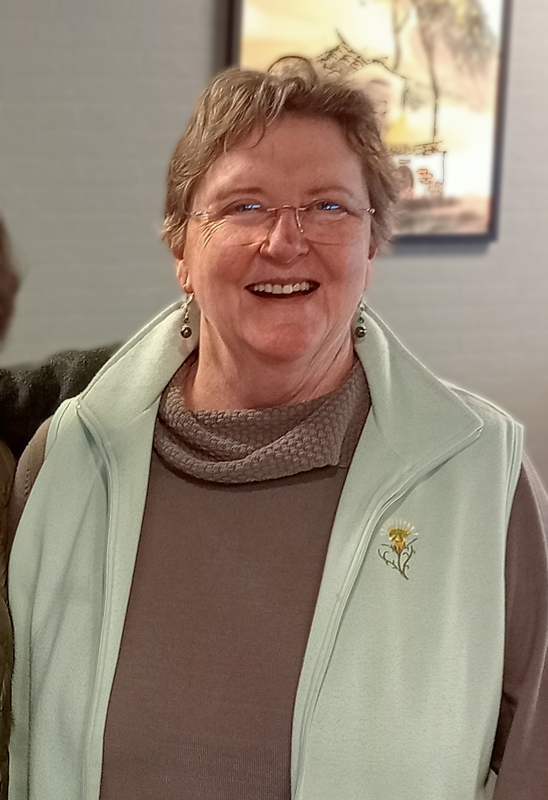 ITFNZ Life Member Vivienne Holmes has officially retired from writing the calligraphy on our gup certificates, a role she has diligently fulfilled since 1990. Her dedication over the years is something we have all greatly appreciated.
ITFNZ Life Member Vivienne Holmes has officially retired from writing the calligraphy on our gup certificates, a role she has diligently fulfilled since 1990. Her dedication over the years is something we have all greatly appreciated.
Viv began her Taekwon-Do journey in July 1983, joining the same beginners' class as Master Rimmer, taught by Grandmaster Paul McPhail. She quickly became part of the Wellington TKD gang in the early 80s, constantly training, organising events and helping to spread Taekwon-Do around New Zealand. She was a key member of the Khandallah club and later served as the Treasurer of ITFNZ.
In February 1991, after moving to Auckland, Viv took over as the instructor of the Mt. Albert club. She was awarded a Life Membership in 1997 for her outstanding contributions to ITFNZ. One of her many important roles included being a proofreader for every issue of TKDTalk during its time as a printed magazine (sigh... the good ol days).
|
Viv spent many years living in the South Island, where she was a vital member of the Mosgiel club. Next month she and her husband Colin are relocating to Carterton. Our long-standing friendship and history with Viv is treasured, and we extend our deepest thanks to her for all her hard work and the wonderful memories we've shared. Written by GM Paul McPhail on behalf of all ITFNZ members. |
Left: James Rimmer, Viv Holmes and Paul McPhail in their Wellington flat in 1984. Right: ITFNZ Executive Committee early 80s: Mike Lowe, Peter Graham, Evan Davidson, Sony Ooi, Viv Holmes, Paul McPhail, Harry Hemana and Steve Mulholland. |
The board is pleased to release the 2024 survey results. The purpose of the survey is to better
understand the experiences of Taekwon-Do members and their needs, by understanding what is
working well, not so well, and to identify opportunities for improvement.
Thank you to those who completed the survey, which represented 15% of the total membership.
The respondent profiles represented a broad range of ages, gender and Taekwon-Do experience.
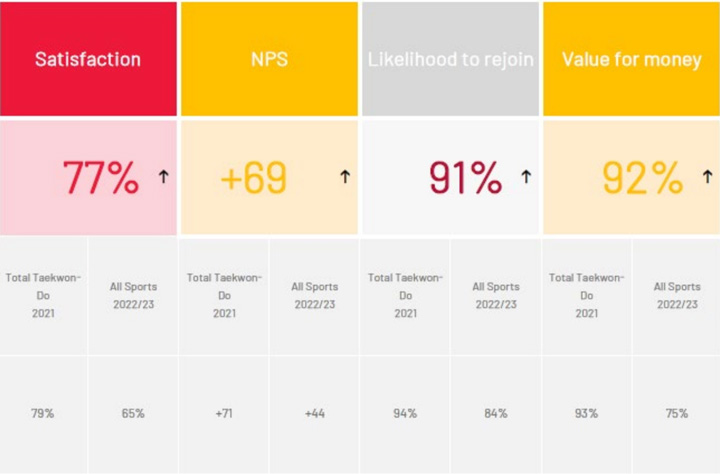
The results are consistent with the 2021 survey, and Taekwon-Do’s performance remains
significantly above the average for all sports, comprising cricket, golf, rugby union, rugby league,
netball, and futsal.
These results reflect the many years of commitment by instructors and the wider volunteer group
to teach and promote the benefits of Taekwon-Do, the art and its values.
Sometimes it is too easy to reflect on the negatives without acknowledging and celebrating the
successes.
As well as the overall report, there are regional summaries.
There is a lot of information in the report to digest and prompt discussions.
The Strategic Plan’s initial focus has been on governance and infrastructure reform to modernise
the organisation. These projects will be largely implemented by the end of the year. The board
has started focusing on the next tier of priorities within the Strategic Plan and the survey results
will help with prioritisation and discussion with the Technical Panels.
To encourage members participation in the survey, a gift of $500 worth of gear would be made to
the club of one member selected at random by Sport NZ.
Congratulations to the Silla club in Tauranga.
Links to the reports are below.
VoP Report 2024 - ITFNZ
Regional Summaries: Wellington | South Island | Midlands | Counties Manukau | Central Region | Auckland North
| MORE NEWS |

